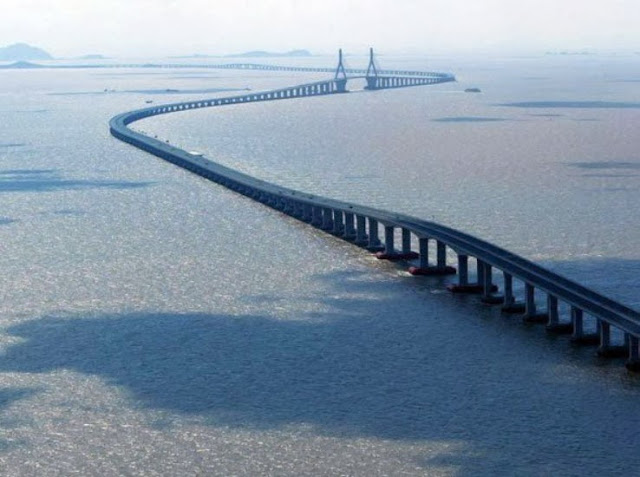The Chinese are presently taking a week-long vacation in celebration of their national holiday. The People's Republic of China (PRC) was declared and established on October 1, 1949. Unlike our one-day Fourth of July, the Chinese government permits 7 days off for celebrating its birthday.
During the national holiday last year we took a wonderful trip along the Silk Road beginning at Urumqi and ending in Xi'an. We're excited this year because we sent Lily on her very first airplane trip to Urumqi with a large tour group to enjoy her first trip along the northern Chinese Silk Road. We're looking forward to talking to her about her experiences and seeing her photos.
Got a letter from one of our students who is "celebrating" just like most college students do:
How’s it going? It has been a long time since
you left China and we miss you often.
As you possibly know that October first is the
National Day of China, which we have looked forward to from the beginning of
this semester. Do you know why? Because we usually have seven days off for celebrating
our National Day!
In fact, we don’t do special things on the day
except that the government arranges a series of performance such as the
military review, the raising of the national flag and so on. However, it is an
absolutely good chance to get relax from study or work during the long holiday.
Some people like taking a trip, some people prefer to visit relatives, and others
would like to stay at home relaxed. As for me, I prefer to stay some undisturbed
places watching movies on the computer, learning a new song or just skimming
through a book.
Again, this time I did not go home, for my
hometown lies far away from here and I will go back home in winter vacation.
Sometimes I miss my parents very much, so I call home frequently. And I have got
accustomed to staying at school during all kinds of small vacations. Moreover I
have a good time here. Yesterday, some of my friends, who come from the same
senior middle school as mine but different campuses of Shandong University,
came to visit me. We had lunch together, and we talked a lot .It was very
pleasant. We had great fun that day!
That is what I am doing—enjoying my holiday!
O(∩_∩)O ~~ We miss you a lot!
PS: I’m sorry
if I have made grammatical mistakes in this letter. And would you mind helping
me point it out? I cannot thank you anymore.
















































